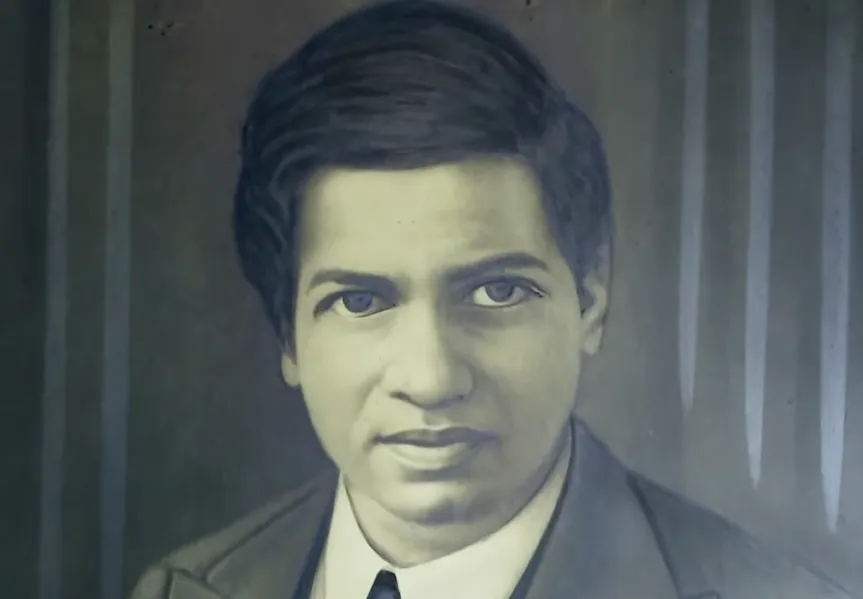Srinivasa Ramanujan's contributions to mathematics are well chronicled. Though he may be less celebrated than many others in the field, his work is held in the highest regard by those who move in the world of integers.
Basic knowledge and at least college-level mathematics training are necessary to begin to understand what this genius mathematician put forth. Yet, there are lessons every layperson can learn from his life.
One of the world's greatest mathematicians, Srinivas Ramanujan, was born into an Indian family of modest means, in Erode, Tamil Nadu, on 22 December 1887. His humble beginnings and struggles in early life did not deter him from his passionate pursuit to understand and solve the mysteries presented by mathematics.
Ramanujan is an autodidact, meaning he had very little formal training in his chosen field. Most of what he knew, he taught himself from books and the limited resources available to him. We are talking about the very early 1900s when computers had not yet been conceptualized, let alone the internet! Information was not readily available at one's fingertips, nor were supercomputers around to crunch numbers or pick out patterns.
Ramanujan's patience and perseverance helped him achieve the copious amount of work that he did in his 32 years on this earth.
There are many stories attributed to this great man. As popular as the Ramanujan number story, he credits Namagiri, a Hindu goddess, for his creativity and insights. Ramanujan was indeed a deeply religious man. "An equation means nothing to me unless it expresses a thought of God," Ramanujan has said. Now, does that mean an agnostic would have been unable to formulate the theorems that were so ahead of its time? Hardly!
Most of us have had inexplicable flashes of inspiration. Most often, it's just as quickly shot down by our analytical minds. But, what if we showed the courage and perseverance to follow our intuition? To go beyond the realm of what we know or see? For this is how most experiments begin. It is from an idea, an intuition, a what-if, often a farfetched one at that.
"While asleep, I had an unusual experience. There was a red screen formed by flowing blood, as it were. I was observing it. Suddenly a hand began to write on the screen. I became all attention. That hand wrote a number of elliptic integrals. They stuck to my mind. As soon as I woke up, I committed them to writing," Ramanujan said.
'The man who knew infinity' did just that. He was deeply intuitive. He did not give up on confounding problems that did not present apparent solutions. He applied logic and multilayered analytical skills to assess its credibility and followed it to its ultimate resolution.
We are often stumped by what little we know. The vast unknown inhibits our tentative attempts to venture far. Probably, what we must learn from this mathematical whiz is to embrace the spirit of adventure.
Stephan Wolfram wrote this about the great man, "Ramanujan unquestionably had remarkable skills. But I think the first step to following in his footsteps is to be adventurous: not to stay in the comfort of well-established mathematical theories, but instead to go out into the wider mathematical universe and start finding—experimentally—what's true."
Ramanujan's works continue to inspire and excite those who traverse the realm of numbers. For the rest of us, his life is a lesson in itself.
You Can Watch
Srinivasa Ramanujan: The Mathematician & His Legacy documentary here
The Man Who Knew Infinity(2015) Full Movie HD here









